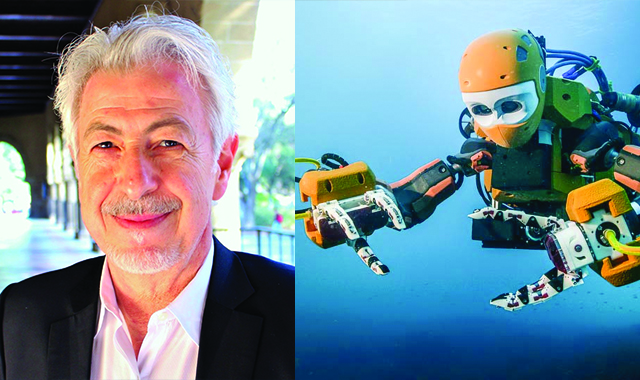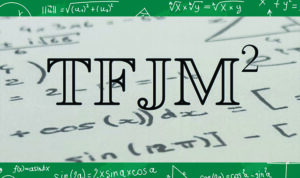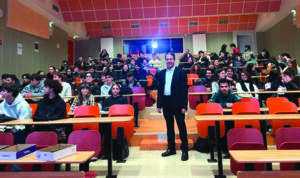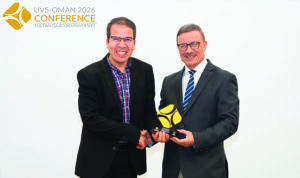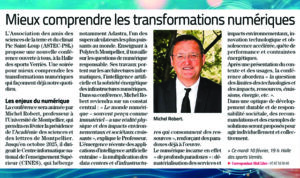As part of the Stanford-LIRMM IRP (International Research Project, CNRS) and the LIRMM’s “Sea and Ocean” Cross-Department Research Theme, we are pleased to welcome Professor Oussama Khatib from Stanford University (USA) to our laboratory.
A two-part seminar will take place in the Saint Priest amphitheater (Building 2, Saint-Priest Campus) this Monday, June 23, 2025, starting at 2:30 PM. Both seminars will be given in English and are accessible to non-specialists.
14h30 : Introduction : what contributions have robotics brought to underwater archaeology over the last 10 years? by Pr. Vincent CREUZE, LIRMM.
Of the two million shipwrecks that dot the seas of the world, many are lying beyond the scuba diving limits. These deep wrecks are remarkably well preserved because, until now, they have been protected from the main environmental and human threats (biofouling, shipworms, light, storms, strong tidal currents, looting…). Nowadays, they are no longer safe from being accidentally destroyed by deep fishing trawls or from being looted by the robots of deep-water treasure hunting companies. For these reasons, there is an urgent need to study them. Unfortunately, the manipulator arms and the tools of existing underwater robots (Workclass ROVs – Remotely Operated Vehicles) are designed for industrial infrastructures and cannot safely excavate a site or recover fragile archaeological artifacts without damage. For these reasons, over the past 10 years, a consortium led both by the French Department for Underwater Archaeological Research (DRASSM, Ministry of Culture) and Montpellier Laboratory of Computer Science, Robotics and Microelectronics (LIRMM), brought together several universities and industrial partners and developed original robotic approaches to perform effective archaeological studies and collect artifacts from depths ranging from 10 to 2,500 meters. This talk will describe the context of deepwater archaeological intervention and will present the tools and methods we have developed for sensing and control of multipurpose underwater robots. The presentation will focus on underwater grasping devices (robotic hands, claws, and suction devices), robust control, coordination of robots, haptic feedback and vision-based methods for underwater localization and 3D modelling. This talk will be illustrated by several videos showing the field tests carried out during real archaeological campaigns.
14h50 : OceanOneK: A Deep-Sea Robotic Avatar, by Professor Oussama Khatib, Stanford University.
Distancing humans physically from dangerous and unreachable spaces while connecting their skills, intuition, and experience to the task promises to fundamentally alter the future of work and remote robotic operations in extreme environments. This has been thoroughly illustrated during the recent expeditions of OceanOneK, where its advanced autonomous skills for physical interaction in deep-sea have been effectively combined with the cognitive abilities of a human expert through an intuitive haptic/stereo-vision interface. During several archaeological expeditions in the Mediterranean, OceanOneK demonstrated remarkable performance in operating at deep depths. These developments show how human-robot collaboration-induced synergy can expand our abilities to reach new resources, deliver medically care to distant patients, build and maintain remote infrastructure, and perform disaster prevention and recovery operations – be it deep in oceans and mines, at mountain tops, or in space.
Biography of Oussama Khatib: Oussama Khatib received his PhD from Sup’Aero, Toulouse, France, in 1980. He is Professor of Computer Science at Stanford University and Director of the Stanford Robotics Center (SRC). He is a recipient of an honorary doctorate from the University of Montpellier. His research focuses on methodologies and technologies in human-centered robotics, haptic interactions, artificial intelligence, and human motion synthesis. Professor Khatib is President of the International Foundation of Robotics Research (IFRR) and an IEEE Fellow. He is Editor of the Springer STAR and SPAR series, Springer Handbook of Robotics, and Springer Encyclopedia of Robotics. He is a recipient of the IEEE Robotics and Automation, Pioneering Award, the George Saridis Leadership Award, and the Distinguished Service Award. Professor Khatib is recipient of the Japan Robot Association (JARA) Award, the Rudolf Kalman Award, and the IEEE Technical Field Award. He is Knight of the French National Order of Merit and a member of the United Sates National Academy of Engineering. Professor Khatib is recipient of the 2024 Great Arab Minds Award.







